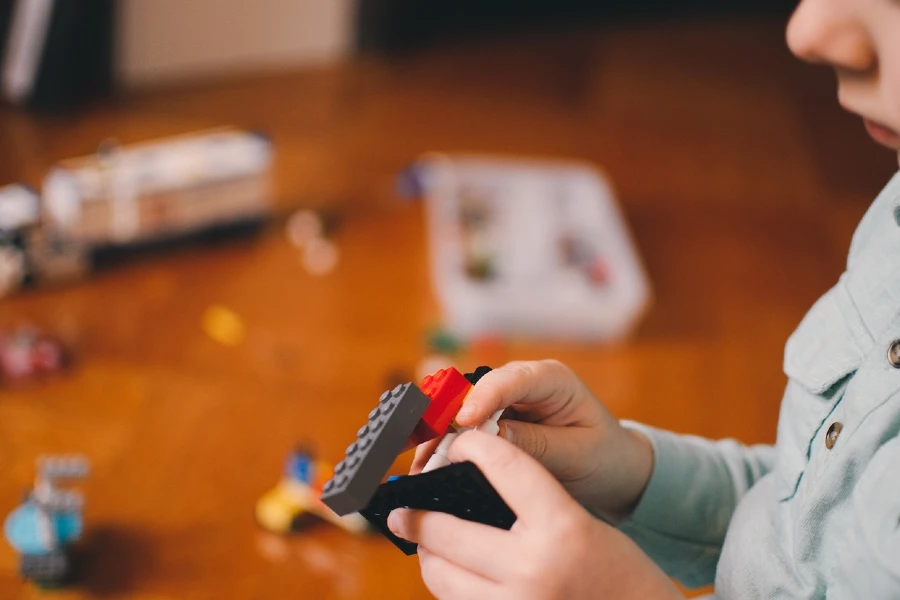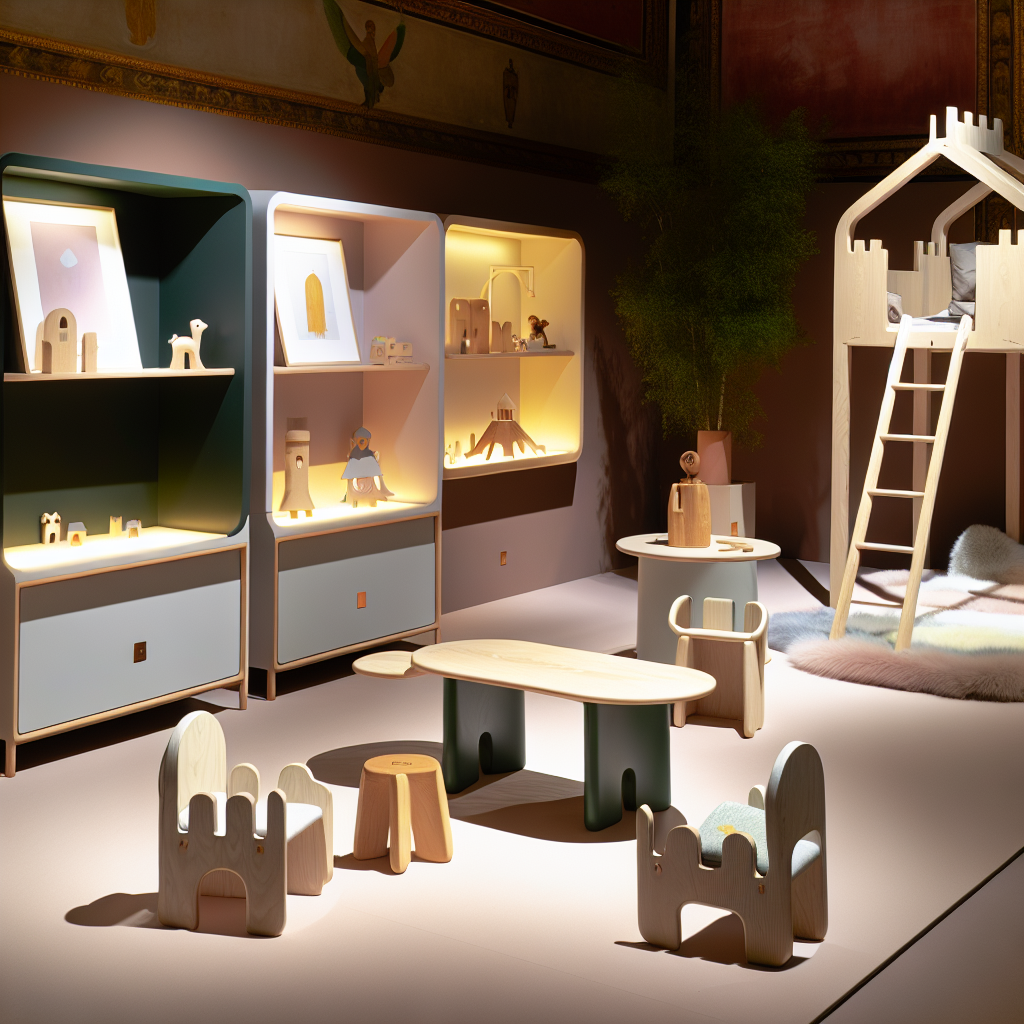Regarding social contact for children with Autism Spectrum Disorder (ASD), there is no one “optimal” form. The optimal strategy is contingent upon the youngster’s unique aptitudes, difficulties, and preferences. Nevertheless, certain overarching tactics and exercises might prove exceedingly advantageous in fostering constructive social engagement:
Organized Activities:
Establishing a controlled and predictable environment can greatly benefit children with Autism Spectrum Disorder (ASD). Engaging in activities that have well-defined norms and established routines can contribute to their sense of comfort and involvement.
Commence with basic interactions and progressively escalate the level of complexity: Initiate with uncomplicated social engagements and eventually incorporate more intricate social scenarios as the child develops confidence.
Direct attention towards mutual interests: Engaging in activities that align with the child’s hobbies or preferences can ignite enthusiasm and establish a shared foundation for interaction. Examples of activities that can be enjoyed together include constructing with Legos, playing a straightforward board game, or collaborative drawing.
Parallel play, a behavior in which children engage in independent play alongside each other.
Interactive engagement through play:
Promote cooperative play by encouraging activities that require collaboration towards a shared objective, promoting teamwork and effective communication. Activities that can be done together include constructing a tower collaboratively or rolling a ball back and forth, alternating turns.
Parallel play, a behavior in which children engage in independent play alongside each other using comparable toys, might serve as a comfortable initial step for certain children diagnosed with Autism Spectrum Disorder (ASD).
This form of play enables these youngsters to participate in a pleasurable activity without the additional social expectations that may pose difficulties for them.
Children with Autism Spectrum Disorder (ASD) sometimes struggle with sophisticated social interactions and group play activities due to their sensory and cognitive processing impairments.
Parallel play offers a less daunting setting in which individuals can pursue their interests and enhance their abilities at their own speed without the obligation to interact actively with their peers.
This form of play also contributes to establishing a groundwork for future social development. As youngsters gain greater ease and self-assurance in engaging in parallel play, they may progressively shift towards more participatory types of play, such as cooperative or imaginative play.
Over time and with assistance, the abilities and knowledge acquired through parallel play can help children with Autism Spectrum Disorder (ASD) develop the essential social-emotional skills required to engage in increasingly intricate social scenarios.
Additionally, parallel play can serve as a beneficial strategy for parents, caregivers, and educators.
Additionally, parallel play can serve as a beneficial strategy for parents, caregivers, and educators to promote and assist the progress and maturation of children with Autism Spectrum Disorder (ASD).
By establishing organized occasions for parallel play, caregivers can provide a secure and nurturing atmosphere that promotes the child’s interests, self-control, and emotional development at a pace suitable and acceptable for their requirements.
Parallel play is a crucial developmental stage for children with Autism Spectrum Disorder (ASD), as it enables them to participate in purposeful tasks while progressively developing the social and emotional abilities required for more interactive play and social engagement.
Social Skills Groups:
Supervised practice: Organized social skills groups facilitated by therapists or seasoned professionals can offer a secure setting for youngsters to rehearse social skills in a regulated atmosphere. Individuals can acquire abilities such as taking turns, establishing eye contact, and initiating conversations.
Peer interaction: Social skills groups provide occasions for youngsters to engage with other individuals who may have comparable difficulties. This enables individuals to acquire knowledge from one another and cultivate interpersonal connections.
Technology-Facilitated Interaction:
Social stories are effective techniques for preparing children with Autism Spectrum Disorder (ASD) for social interactions. They provide explanations about what to anticipate and guidance on appropriate behavior. Additionally, applications and software are specifically created to instruct individuals in social skills via interactive methods.
Visual supports, such as picture cards or social scripts.
Visual supports, such as picture cards or social scripts, can offer explicit instruction and assistance during social interactions.
Further suggestions:
Emphasize communication: Assist your child in cultivating proficient communication abilities, encompassing spoken and non-verbal forms. This includes the utilization of unambiguous words, gestures, and facial expressions.
Utilize positive reinforcement by offering praise and rewards to your youngster to reinforce healthy social interactions. This will strengthen desired habits and motivate individuals to persist in their efforts.
Exercising patience is crucial as the development of social skills requires a significant amount of time and practice. Exhibit patience towards your child and commemorate their advancement, regardless of magnitude.
Take into account each person’s specific requirements: It is important to always customize your strategy based on your child’s individual skills and problems. The effectiveness of a certain approach may vary from one youngster to another.
Keep in mind that the objective is to establish a constructive and encouraging atmosphere in which children with Autism Spectrum Disorder (ASD) can feel at ease and self-assured enough to engage in social contact at their speed.
Below are a few resources that might be used for additional investigation:
Autism Speaks: https://www.autismspeaks.org/social-skills-and-autism
The National Autistic Society: https://www.autism.org.uk/advice-and-guidance/topics/communication
The Center on the Developing Child: https://developingchild.harvard.edu/

Dominic E. is a passionate filmmaker navigating the exciting intersection of art and science. By day, he delves into the complexities of the human body as a full-time medical writer, meticulously translating intricate medical concepts into accessible and engaging narratives. By night, he explores the boundless realm of cinematic storytelling, crafting narratives that evoke emotion and challenge perspectives. Film Student and Full-time Medical Writer for ContentVendor.com




